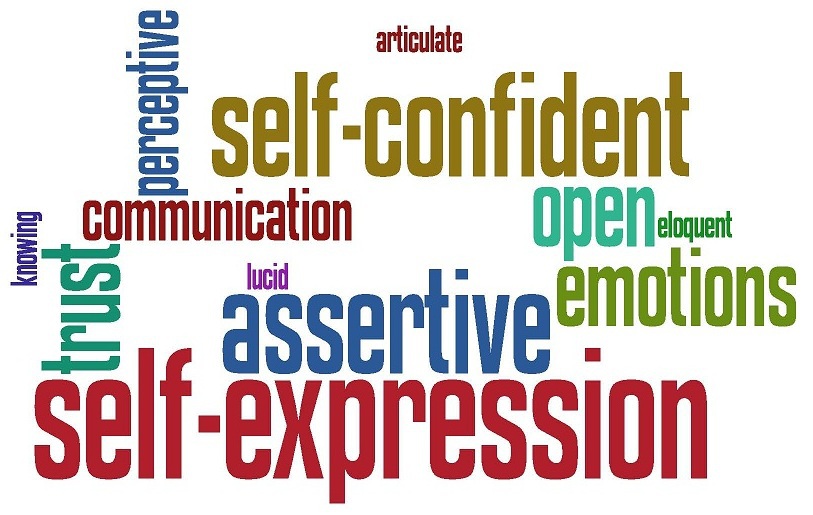Forthright, positive and insistence on the recognition of one’s rights.
-The Concise Oxford Dictionary
Being assertive means being able to stand up for your own or other people’s rights in a calm and positive way, without being either aggressive, or passively accepting ‘wrong’.
Assertive individuals are able to get their point across without upsetting others, or becoming upset themselves.
Those who behave assertively always respect the thoughts, feelings and beliefs of other people as well as their own.
Assertiveness concerns being able to express feelings, wishes, wants and desires appropriately and is an important personal and interpersonal skill. In all your interactions with other people, whether at home or at work, with employers, customers or colleagues, assertiveness can help you to express yourself in a clear, open and reasonable way, without undermining your own or others’ rights.
Assertiveness enables individuals to act in their own best interests, to stand up for themselves without undue anxiety, to express honest feelings comfortably and to express personal rights without denying the rights of others.
Assertiveness is often seen as the balance point between passive and aggressive behaviour, but it’s probably easier to think of the three as points of a triangle.
Being Passive
Responding in a passive or non-assertive way tends to mean compliance with the wishes of others and can undermine individual rights and self-confidence.
For Example:
--“Do you think you can find the time to wash the car today?”
A typical passive reply might be:
--“Yes, I'll do it after I've done the shopping, made an important telephone call, finished the filing, cleaned the windows and made lunch for the kids!”
A far more appropriate response would have been:
--“No, I can't do it today as I've got lots of other things I need to do.”
Being Aggressive
By being aggressive towards someone else, their rights and self-esteem are undermined.
Aggressive behaviour fails to consider the views or feelings of other individuals. Those behaving aggressively will rarely show praise or appreciation of others and an aggressive response tends to put others down. Aggressive responses encourage the other person to respond in a non-assertive way, either aggressively or passively.
Being Assertive
Being assertive involves taking into consideration your own and other people’s rights, wishes, wants, needs and desires.
Assertive behaviour includes:
- Being open in expressing wishes, thoughts and feelings and encouraging others to do likewise.
- Listening to the views of others and responding appropriately, whether in agreement with those views or not.
- Accepting responsibilities and being able to delegate to others.
- Regularly expressing appreciation of others for what they have done or are doing.
- Being able to admit to mistakes and apologise.
- Maintaining self-control.
- Behaving as an equal to others.










